How Recycling Water Can Lower Your Environmental Impact
Published Dec. 2 2020, 2:48 p.m. ET
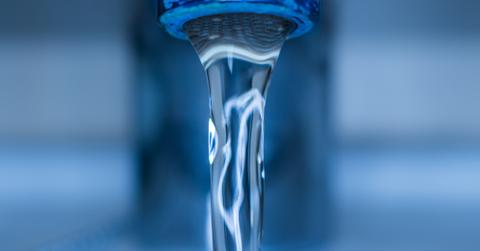
Water is an essential part of everyday life. According to USGS, Americans use approximately 322 billion gallons of water per day on everything from irrigation to thermoelectric power. On top of that, the average person unknowingly wastes up to 30 gallons of water every day. This amount can’t be entirely avoided, not at a national level, but it can be minimized on an individual level. But how exactly does one recycle water?
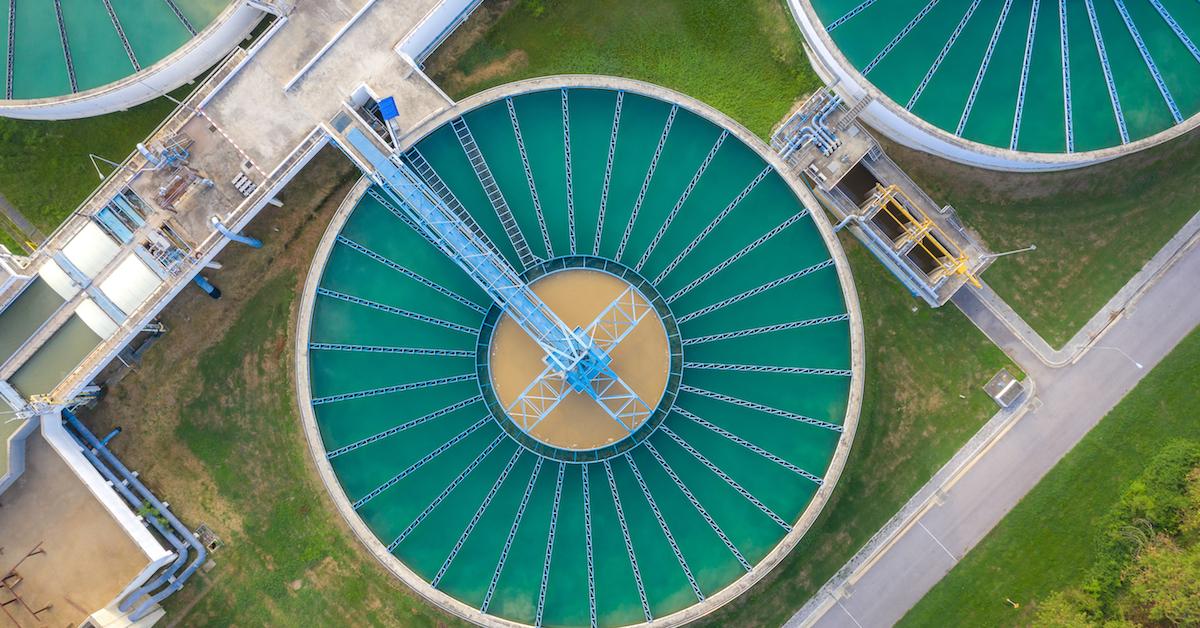
Can water be recycled?
As unusual as it may seem to some people, plastic, paper, and aluminum are not the only everyday items that we can recycle. Water reclamation, or water recycling, as it is more commonly known, is about treating and reutilizing the wastewater from our homes, factories, etc., for different purposes. In this way, our lives and our future become more sustainable and secure — not just our individual future, but that of our entire species.
How is recycled water used?
The purpose of recycling water is to bolster or provide alternatives to existing and, frankly, dwindling water supplies. Recycled water is reused for irrigation, groundwater replenishment, industrial processes, environmental restoration, and most importantly of all, potable water for drinking.
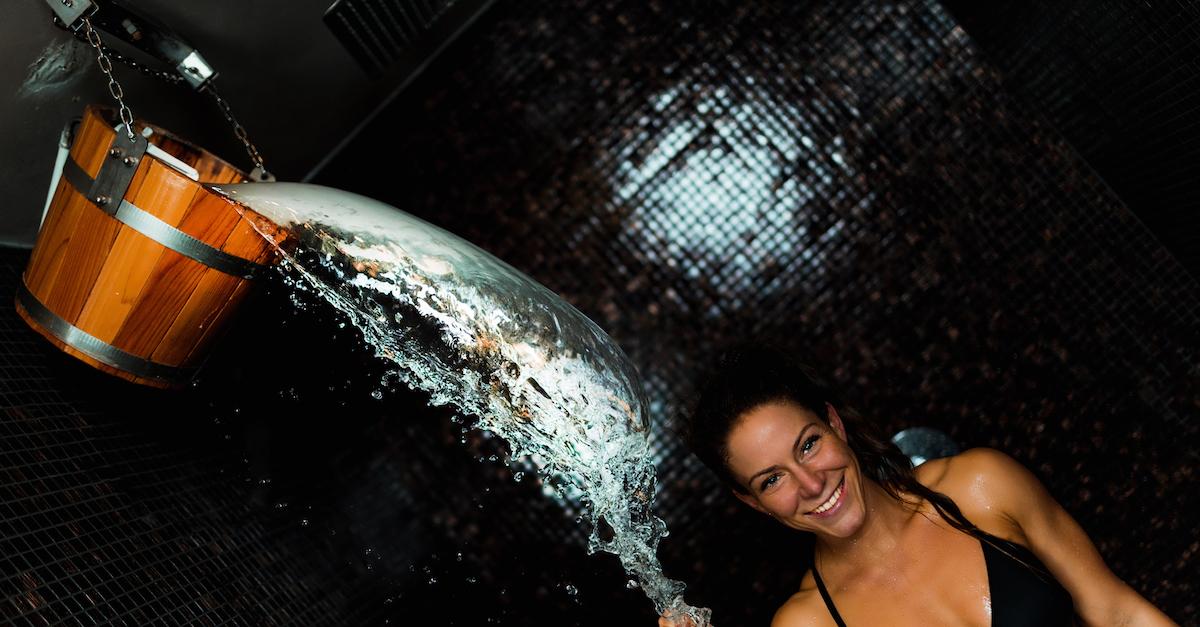
How is water recycling regulated in the U.S.
According to the EPA, the U.S. government does not require or restrict any type of water reuse. Individual states maintain their own regulatory authority as it pertains to recycling water. But even if your state has strange or difficult to manage requirements, that doesn’t mean that you can’t do your part in terms of water recycling.
How can you recycle water at home?
When washing your car, make sure to park your car fairly close to the lawn or next to shrubs. This will allow the soapy water to run off into shrubs or lawns. Normally soapy water doesn’t harm more resilient plants.
Rain barrels in the backyard can be very useful for collecting free, clean, usable water from the sky itself. Just boil it if you plan to use it for anything involving food or consumption.
A portable shower bucket can be helpful for collecting water while bathing too. This water is really good for cleaning floors and bathrooms. Considering that Americans use an average of 17 gallons of water per one shower, recycling even some of this water is highly impactful.
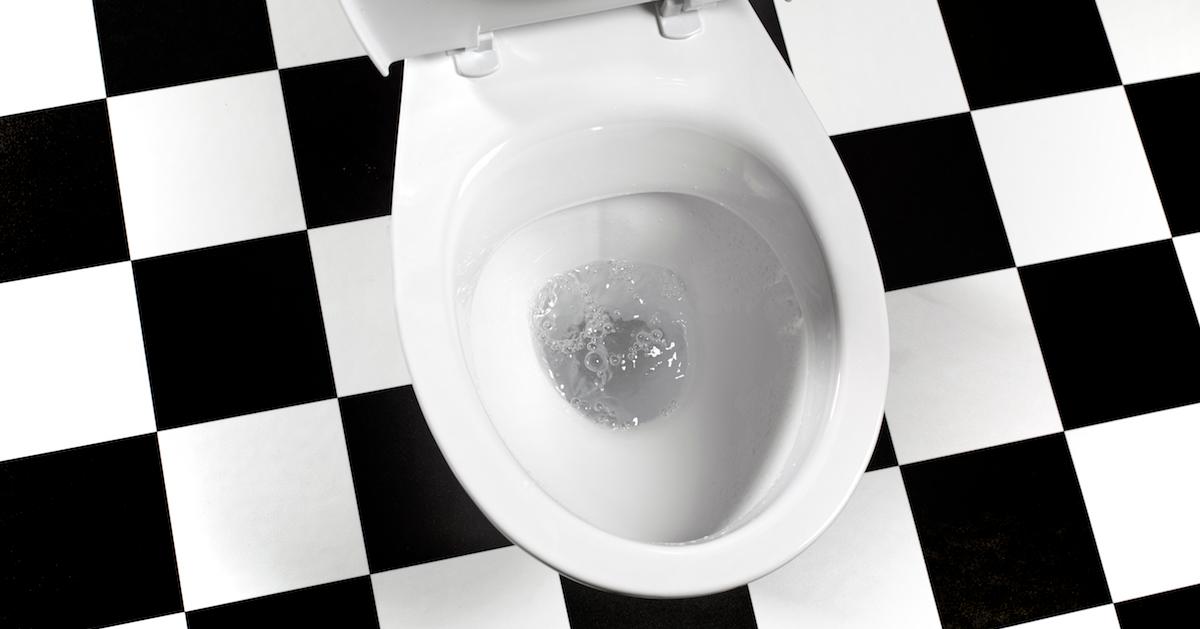
Washing dishes in a plastic tub of water can use far less water than using dishwashers or even sinks. Note that if that water has grease, say from a greasy meal, a few drops of lemon dish soap or even lemon juice can break down the grease and make it more usable for other purposes. You can then use the rinse water to clean sinks and toilets or to water flower pots of houseplants.
Do you ever wonder how much water you leave in cups and water bottles that you just throw down the drain? Try collecting all that water in a large pot over the course of a week. Then, boil it and remove all the excess germs and stagnation and voila, fresh drinking water for you or your houseplants.
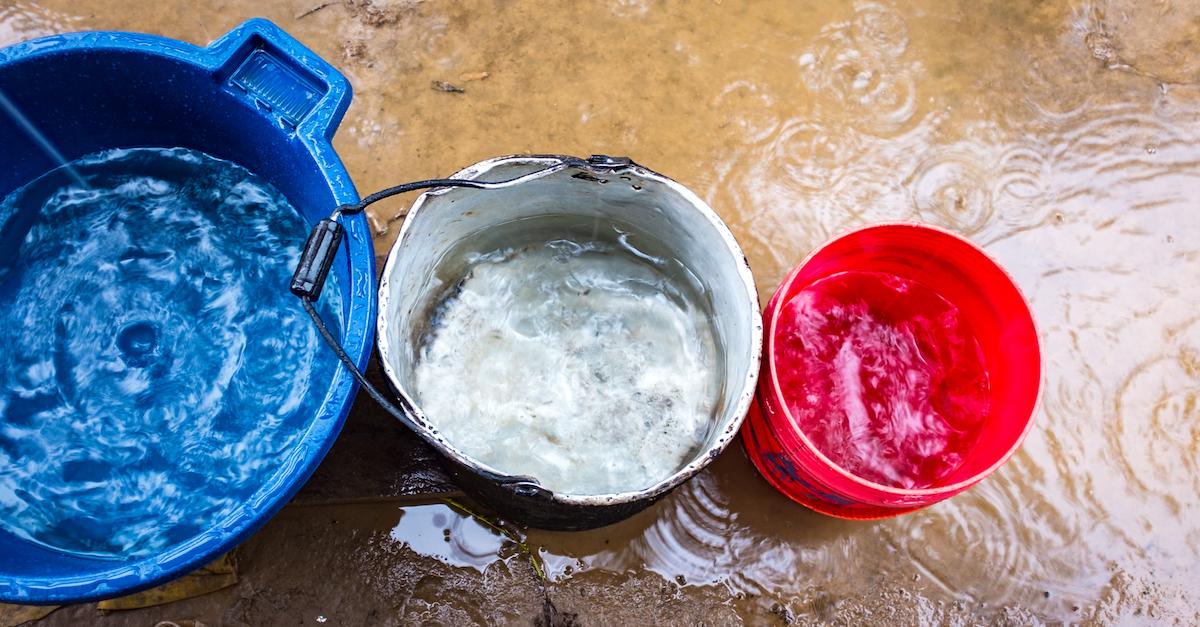
When using water for washing hands or preparing food, don’t throw it away. Dirty water is fine for water plants, shrubs, lawns, and in toilet bowls for later use. That way you don’t have to use freshwater to refill your toilet tank. The same could be said for most water that is utilized in the kitchen or bathroom. Replacing the amount of water you use to flush the toilet is a great way to recycle already dirty water. Even past water or water used for boiling potatoes can be utilized to this effect.